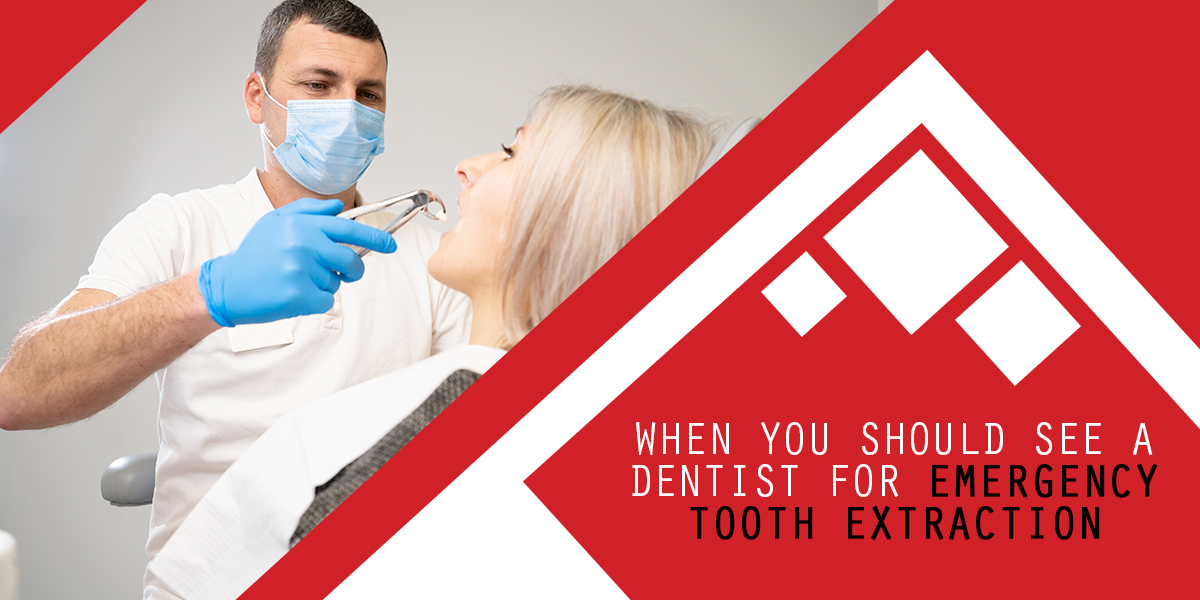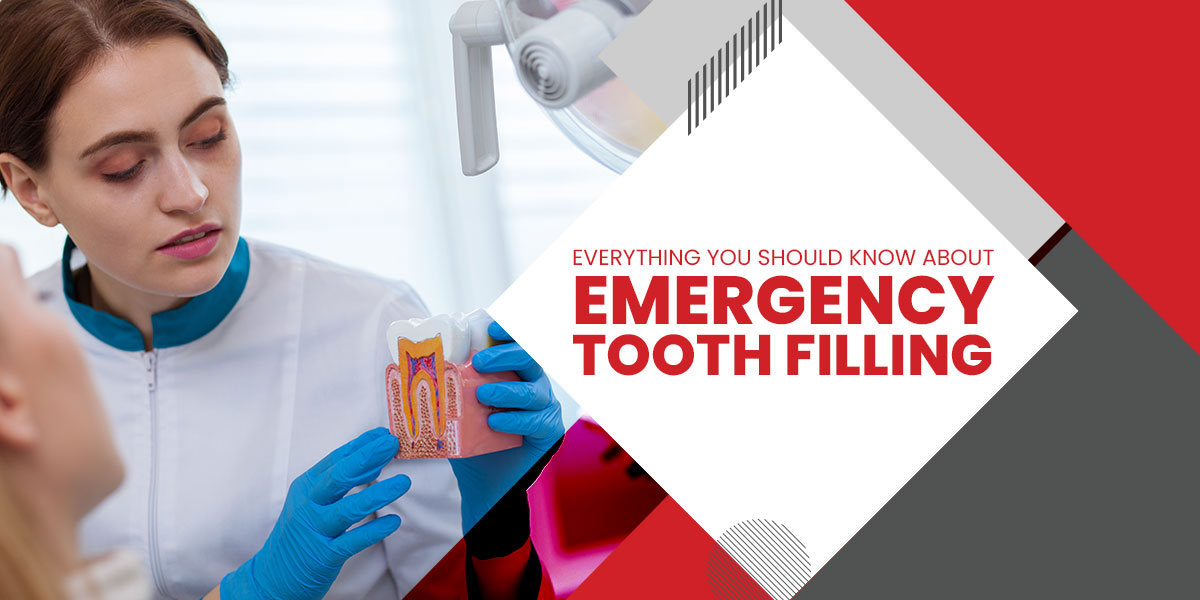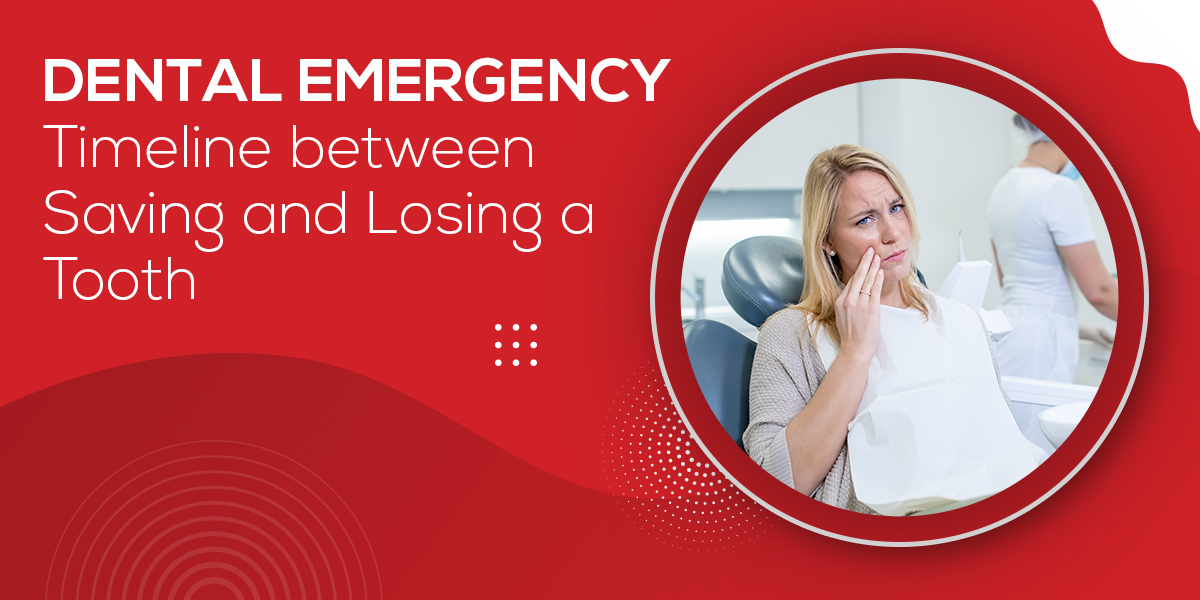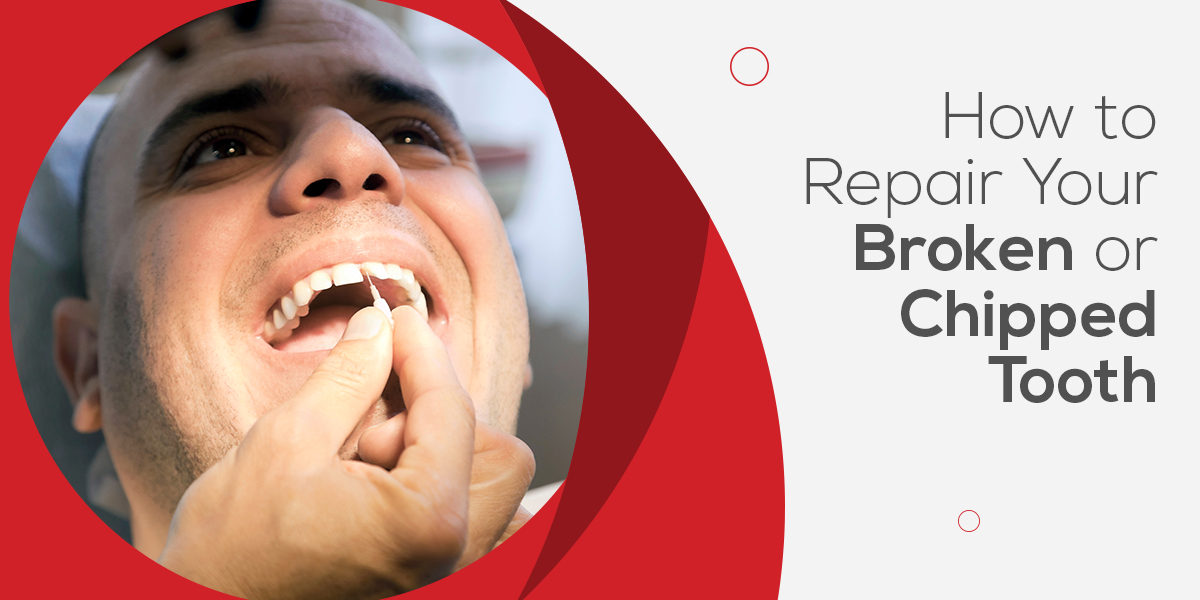
Are you suffering from serious dental pain? If yes, then it is important to see an emergency dentist as soon as possible as the pain can occur for a variety of serious (or less serious) reasons. Anything that causes intolerable pain requires an immediate visit to an emergency dentist so they can get to the root of the problem. The Dentist will try to save a tooth and lessen the damage, keeping extracting the tooth as the last resort.
When you require emergency tooth extraction
Fractured tooth – Teeth can get fractured due to several reasons, for example because of an accident. When you take a bite or chew on food, the teeth absorb energy. If the teeth do not fit with each other, the force from the bite may exert unnecessary pressure on the opposing molars. It is important to note there is greater risk of tooth fracture when you have had a filling or root canal. If a fracture goes beneath the gum line then unfortunately it is likely that the tooth must be extracted.
Tooth decay – When a tooth is past the point of repair due to the level of decay, the dentist will have to prepare to extract the tooth. The bacteria from the mouth will infiltrate the area, invade the pulp and eventually lead to an infection in the form of deep tooth decay. A root canal is a way of aiming to prevent teeth from being extracted, however this option is not always possible and is also expensive to do.
Periodontal disease – Periodontal disease involves infection in periodontal ligaments, gums and other structures of the teeth such as the alveolar bone. The early stages of these conditions and diseases may be diagnosed in the form of gingivitis, but as the infection becomes severe, it may begin to affect other internal areas in the mouth. Once the periodontal ligaments or alveolar bone starts being affected, tooth extraction is the suitable option for controlling the damage and beginning with the recovery process. You may prevent periodontal disease with proper brushing and ensuring there is no accumulation of plaque on the teeth and gums. An emergency dentist focuses on the prevention of further damage by extracting your infected tooth.
Impacted teeth – Impacted teeth are teeth that don’t come out from the gum completetly. In case of emergency, a tooth extraction may help to prevent impacted teeth from causing damage to surrounding teeth. Also, when the impacted tooth gets extracted, it reduces the risk of infection in the gums. Impacted wisdom teeth are a common cause for pain in people hence the reasoning for wisdom teeth needing to be removed. There are cases when the impacted teeth might not develop problems immediately but they may be prone to gum disease and getting infection which is something to be aware of.
Overcrowding – Overcrowding is another reason to have teeth extracted. If you do not treat or remove extra teeth, this may damage the jaws and lead to gum infection. It can also cause teeth to become crooked, which are much harder to keep clean than teeth which are in correct alignment. Your misaligned teeth have their own problems and it is wise enough to extract additional teeth.
Different kinds of teeth extraction methods
The type of tooth extraction applicable will depend on the size, shape, condition of your tooth and location in the mouth. The dentist will categorise extraction method into two types and these are:
- Simple
- Surgical
Simple: Simple tooth extraction method is usually executed with local anaesthesia. The accessible teeth will mostly be extracted with this method. Your dentist does not follow invasive methods and evaluate the area beneath the gum line known as simple extraction.
Surgical: Surgical tooth extraction is much more complicated in comparison to a simple extraction. In this method, your dentist has to penetrate bone, gum tissue, or both and perform the method as needed. If required, the dentist may remove the tooth after breaking it down into pieces.
How will you know whether it is an emergency situation?
You need to detect the conditions or symptoms discussed above before deciding when to see an emergency dentist.
- Severe pain – If you are experiencing extreme pain, you should visit a dentist.
- Bleeding: Your bleeding gums and teeth are other reasons for seeing an emergency dentist. Bleeding happens due to a loose tooth, fracture, injured jaw, gum disease, infections, etc.
- Swelling – For gum swelling that lasts more than 24 hours we would advise that you visit an emergency dentist as opposed to waiting until your routine checkup.
Thus, it is necessary to visit an emergency dentist when you want to get relief from swelling, bleeding and pain. The emergency dentist tries to save your tooth at first and eliminate severe pain with minimally invasive methods. Unlike other dental methods, tooth extraction involves some level of discomfort and pain. By planning for emergency tooth extraction and evaluating the situation, your dentist will be able to lessen the pain, stop bleeding and save your teeth.






